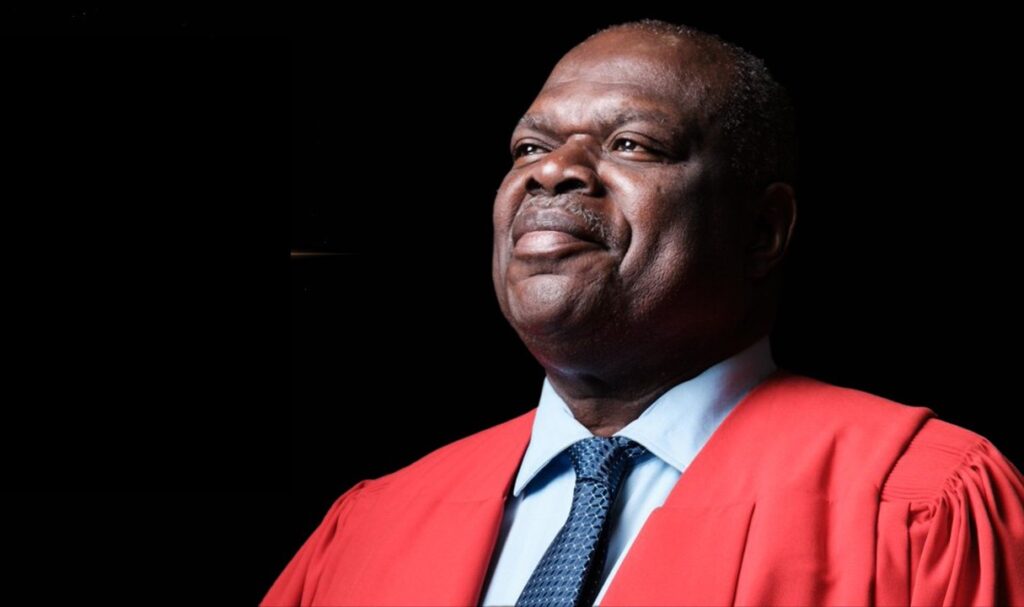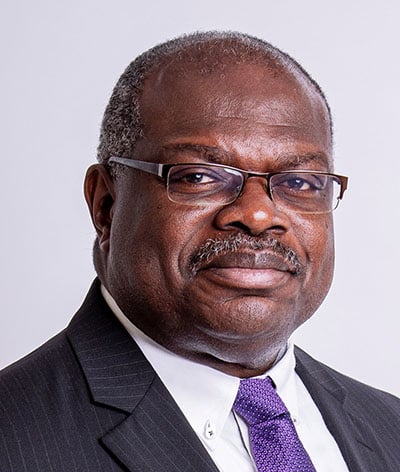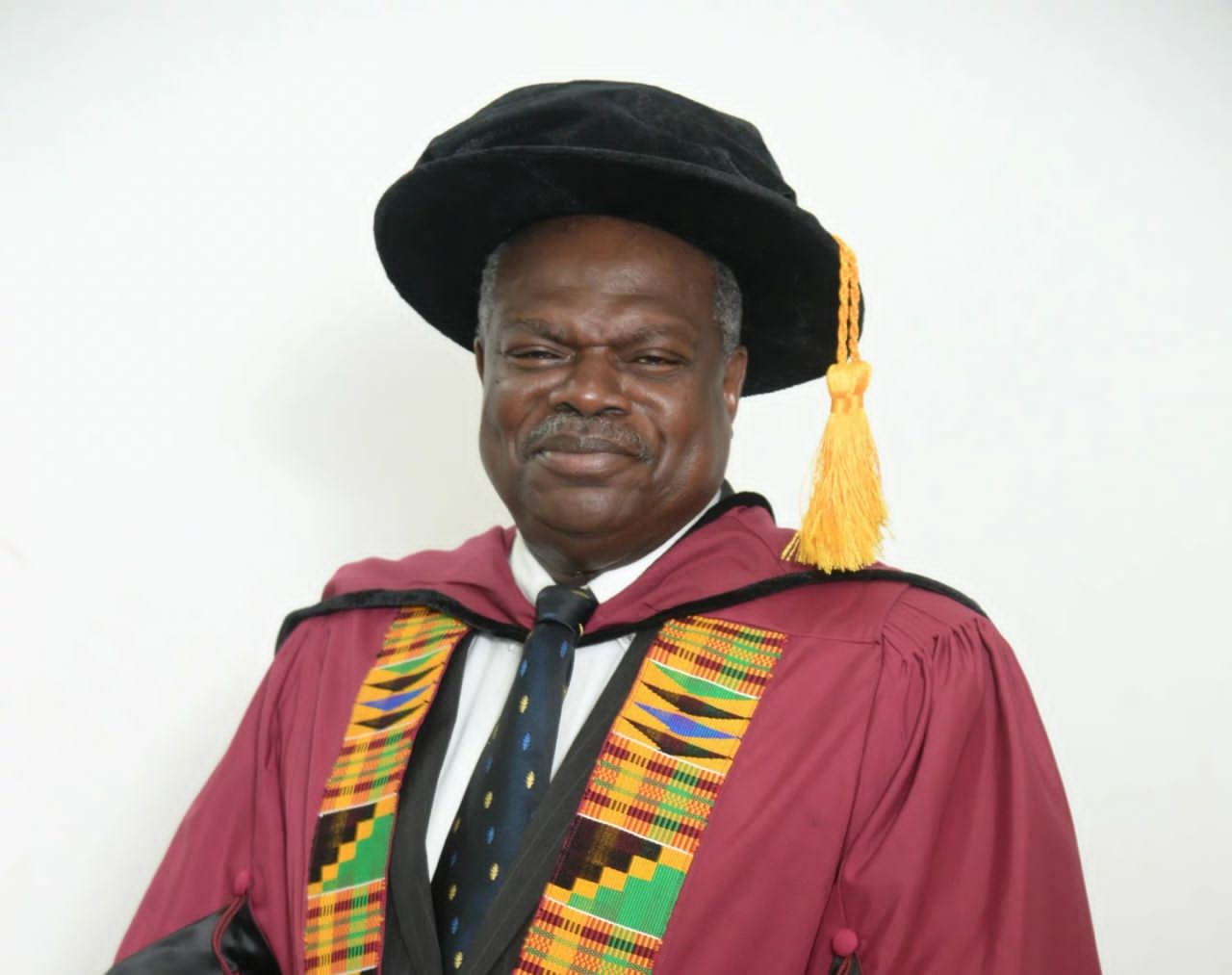Emeritus Professor Ernest Aryeetey, former Vice-Chancellor of the University of Ghana, has argued that democracy itself has not failed Africa, but rather, African nations have failed to make proper use of it.
Prof. Aryeetey said that while democracy has not delivered the expected transformation across the continent, it remains a system capable of driving progress if practised correctly.
“Democracy has not delivered what it should for Africa, that is true, but it hasn’t failed Africa. Africa has not used democracy properly. Africa has abused democracy,” he stated.
The respected economist and academic explained that many African countries have adopted the external forms of democracy—elections, political parties, and constitutions—without fully embracing the values of accountability, fairness, and service that sustain the system.
Prof. Aryeetey noted that in much of Africa, politics is often driven by the pursuit of power rather than by principles or public service. This, he said, has weakened institutions and undermined the spirit of constitutional governance.
“The problem we have in Ghana is not the constitution. The problem is the people responsible for implementing or enforcing the constitution,” he said.
He emphasised that the continent’s democratic setbacks stem largely from leadership attitudes, where political actors prioritise control of state resources over national interest. “We created a culture in Ghana where, because people are fighting for political authority, anybody and anything that guarantees them assurance of political power, they hold on to it,” he added.
According to Prof. Aryeetey, this power-based culture erodes public trust and prevents democracy from producing meaningful social and economic outcomes. He argued that Africa’s political class has failed to transform democracy into a tool for inclusive development, instead turning it into a contest for patronage.

Democracy, as widely practised around the world, rests on accountability, civic participation, and the rule of law. However, Prof. Aryeetey observed that many African countries have treated democracy as a mechanical process centred on elections, rather than as a continuous framework for governance and public welfare.
He said true democracy goes beyond the ballot box. It requires independent institutions, citizen vigilance, and transparent leadership. Without these, the system easily becomes corrupted by self-interest.
Experts share a similar view. According to the African Peer Review Mechanism (APRM), while over 70% of African countries now operate under democratic constitutions, weak institutions and political interference continue to hamper effective governance. Countries such as Ghana, Nigeria, and Kenya have made electoral progress but still struggle with corruption, public sector inefficiency, and divisive partisan politics.
Ghana has long been considered one of Africa’s most stable democracies, holding eight successive elections since the Fourth Republic began in 1992. Yet, growing public frustration over unemployment, corruption, and political polarization has raised questions about whether democracy is delivering tangible benefits.
A 2023 Afrobarometer survey revealed that while over 75% of Ghanaians still support democratic governance, confidence in political leaders and state institutions has declined significantly in recent years. The study cited perceptions of elite capture and limited accountability as key concerns.
Prof. Aryeetey believes Ghana’s democracy can still deliver results if citizens and leaders alike renew their commitment to integrity and accountability. “The issue is not that democracy doesn’t work; it’s that we have not respected the principles that make it work,” he argued.
Across Africa, several nations have experienced democratic reversals in recent years. Military coups in Niger, Mali, Burkina Faso, and Gabon have reignited debates over whether democracy is sustainable on the continent. Many coup leaders have justified their actions by citing corruption, insecurity, and poor governance under elected administrations.
However, Prof. Aryeetey’s remarks serve as a reminder that the problem lies not in democracy itself, but in how it is practised. Political analysts note that successful democracies depend on strong civic institutions, independent judiciaries, and active citizen engagement—all areas where many African states continue to lag.
Ghana’s experience offers a microcosm of these broader challenges. The country’s constitutional framework remains robust, yet enforcement gaps, political patronage, and limited civic education often weaken its effectiveness.

To restore faith in democracy, Prof. Aryeetey suggested that African societies must rebuild trust between citizens and institutions. This, he said, can only happen when leaders demonstrate genuine accountability and prioritize the public good over political gain.
He called for greater investment in civic education to help citizens understand their rights and responsibilities under democratic governance. “We must teach people that democracy is not just about voting; it is about participation, responsibility, and oversight,” he said.
Civil society groups and youth movements in Ghana have increasingly echoed this call. Campaigns such as #FixTheCountry have demanded stronger accountability and transparency from public officials, reflecting a growing desire among young Africans for a more responsive democratic system.
Prof. Aryeetey’s remarks underscore a growing consensus that democracy’s future in Africa depends less on adopting new political models and more on practising existing ones with integrity. For Ghana and other African nations, the challenge is not to replace democracy, but to refine and strengthen it.
As the continent faces economic uncertainty and political transitions, his message serves as a call for introspection: democracy has not failed Africa — Africa must learn to use it better.
Read also: Greater Accra Minister Urges MMDAs to Follow PFM Rules in 2026–2029 Budgets

